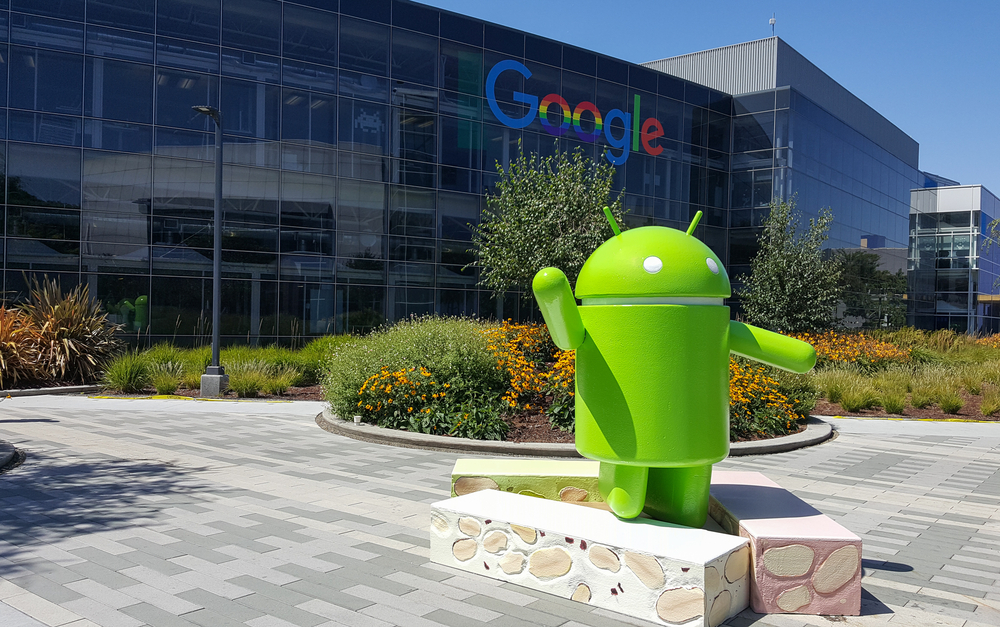Google has issued an emergency security patch for Android to fix two zero-day vulnerabilities already exploited in real-world attacks. According to the company, both vulnerabilities allow privilege escalation on affected devices and do not require any user interaction.
One Vulnerability Linked to Cellebrite Attack
The first vulnerability, labeled CVE-2024-53197, was discovered by Amnesty International in cooperation with Benoît Sevens, a member of Google’s Security and Threat Intelligence Group. This group specializes in identifying cyberattacks originating from state-backed sources.

In a related case earlier this year, Amnesty reported that Cellebrite — a company known for providing digital forensics tools to law enforcement — had exploited a chain of three zero-day vulnerabilities to access Android devices. TechCrunch reported that one of these vulnerabilities was used by local authorities in Serbia to target a student activist using Cellebrite technology.
It is this specific vulnerability that has been addressed in the recent Android patch. The patch release highlights the urgency of Google’s response to threats that are not just theoretical but already active in the wild. The company continues to monitor such exploits closely, and we’ll keep you updated as more details or patches become available.
Details on Second Vulnerability Remain Limited
The second vulnerability, CVE-2024-53150, also discovered by Benoît Sevens, targets the Android operating system kernel. However, at this point, no detailed information has been made public. Google’s official statement describes it as a critical issue that could lead to remote privilege escalation within the System component, without needing any extra user permissions or actions. This means that users might not be aware if their devices are compromised.
Google also stated that source code patches for both vulnerabilities will be published within 48 hours of the security bulletin’s release, adds NIX Solutions. Android device manufacturers — who are typically informed about such issues a month in advance — are now responsible for distributing the relevant updates to users. Because Android is based on open source, each manufacturer must independently manage the rollout process.
Users are encouraged to check for software updates regularly and install them promptly. We’ll keep you updated as more integrations and protections become available.
